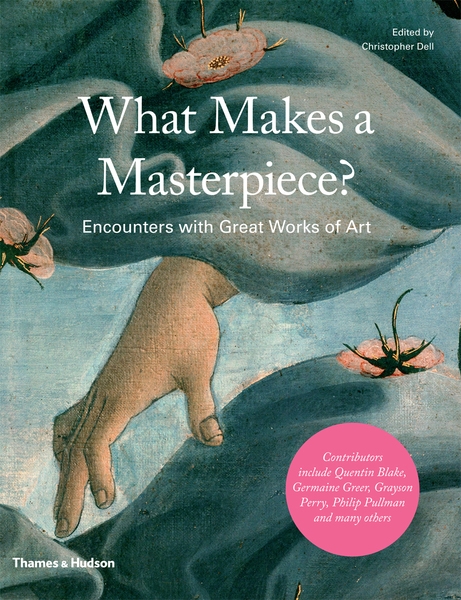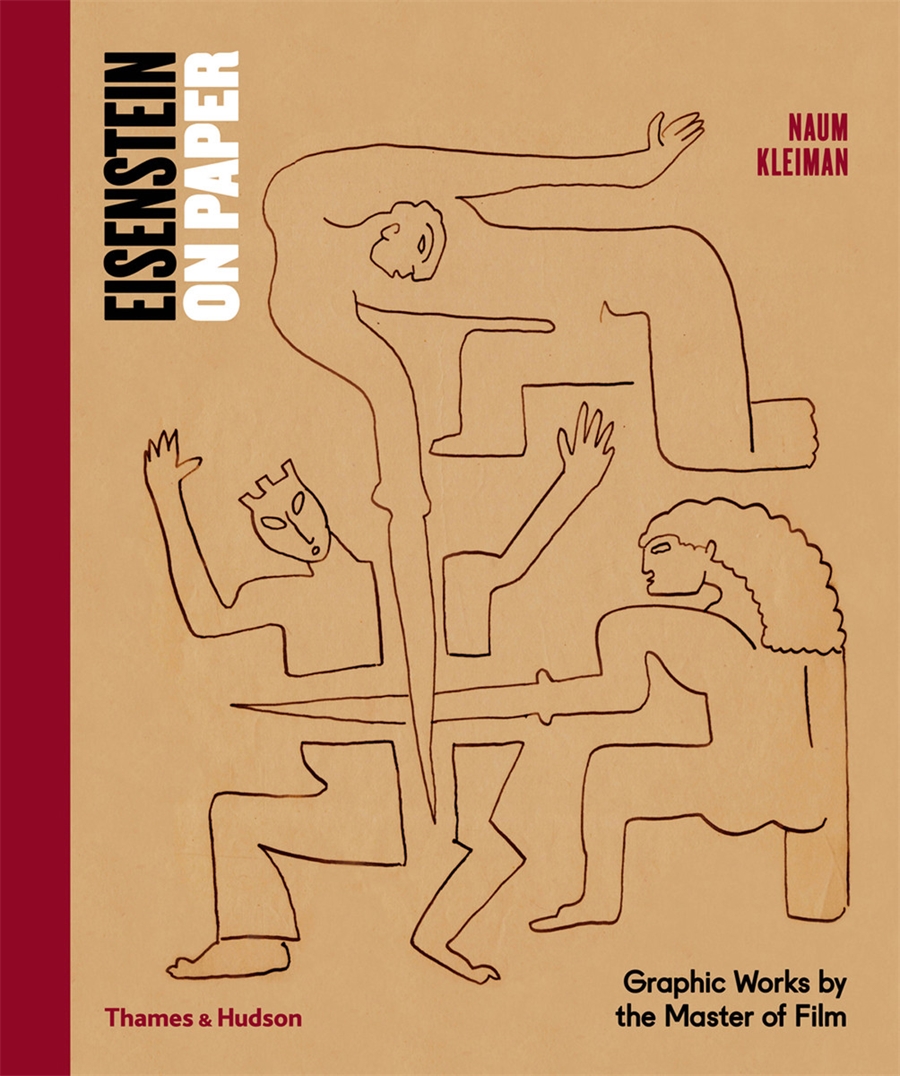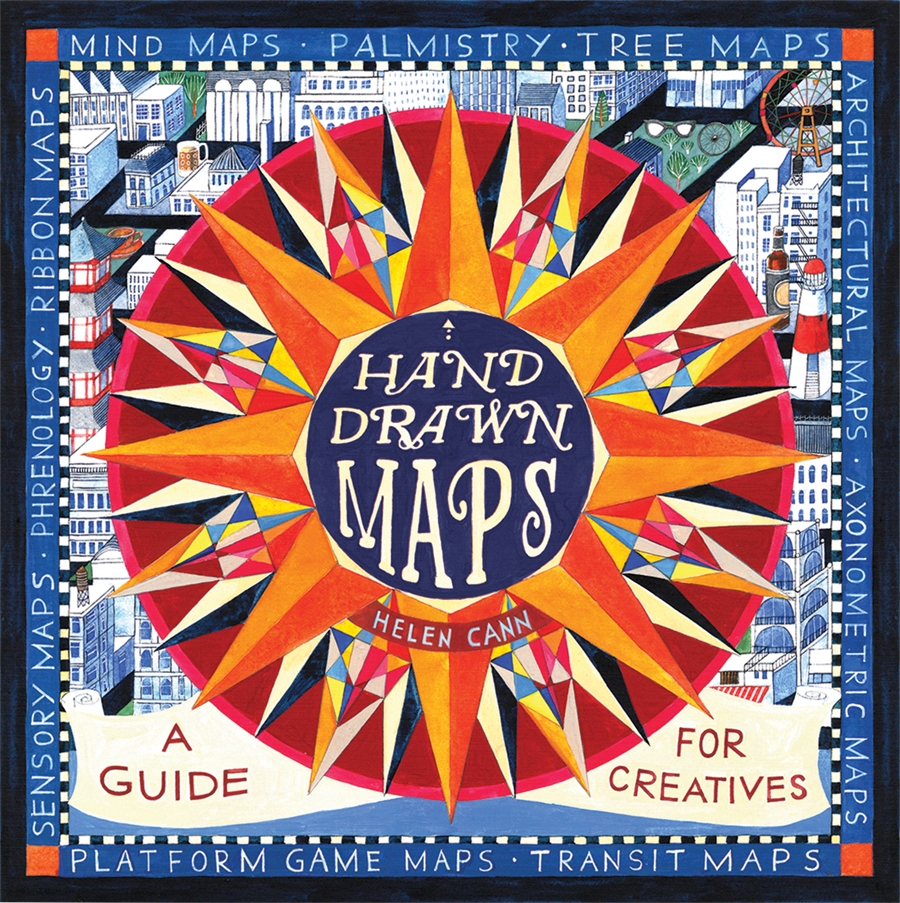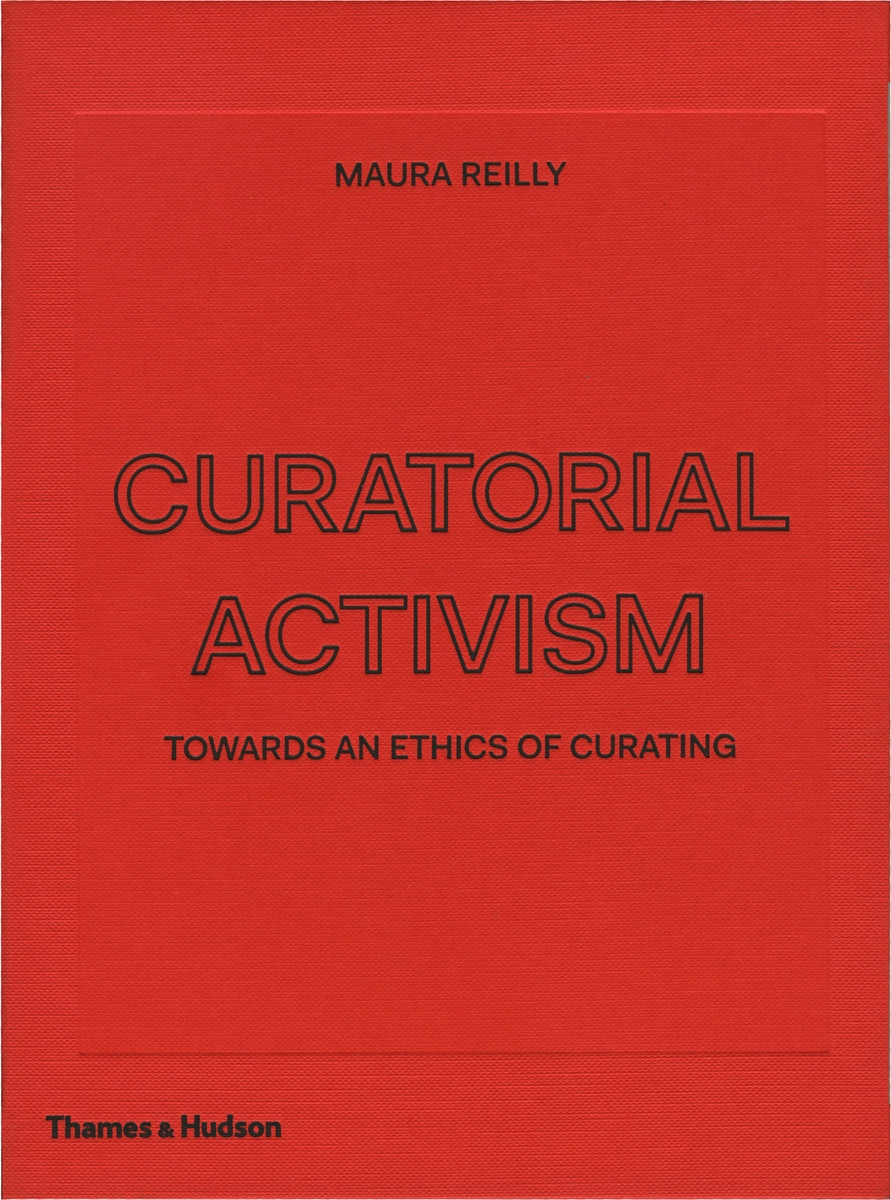Description
Over the course of history there sometimes emerge works of art of such quality that they transcend boundaries of period and place. In this exploration of the idea of the masterpiece, distinguished artists, critics and art historians write about their personal encounters with the greatest artworks of all time, representing cultures from all over the world, and stretching from prehistory and the birth of art to Cézanne at the cusp of Cubism.
What Makes a Masterpiece? begins with the forms of animals inscribed on the walls of Chauvet Cave in France, and travels through the worlds of the ancient Egyptians, Assyrians, Greeks and Romans, embodied by images of royal or martial potency and mysterious religious rites. Medieval representations of Christ are celebrated alongside images of Vishnu, the Buddha and his priests, and the royal figures of South American and African civilizations. The jewels of the Quattrocento are on show beside the lesser-known triumphs of Aztec and Japanese court artists, while the masters of the European Renaissance and Baroque mingle with Mughal, Arab and Chinese virtuosos. The journey ends with the 19th century, depicted as an age of revolution, introspection and modernization.
This collection of famous works is more than the sum of its parts: it presents a remarkable cultural chronicle, showing how artists throughout history have seen their world and chosen to represent it. Here are seventy answers to the question, ‘What makes a masterpiece?’



